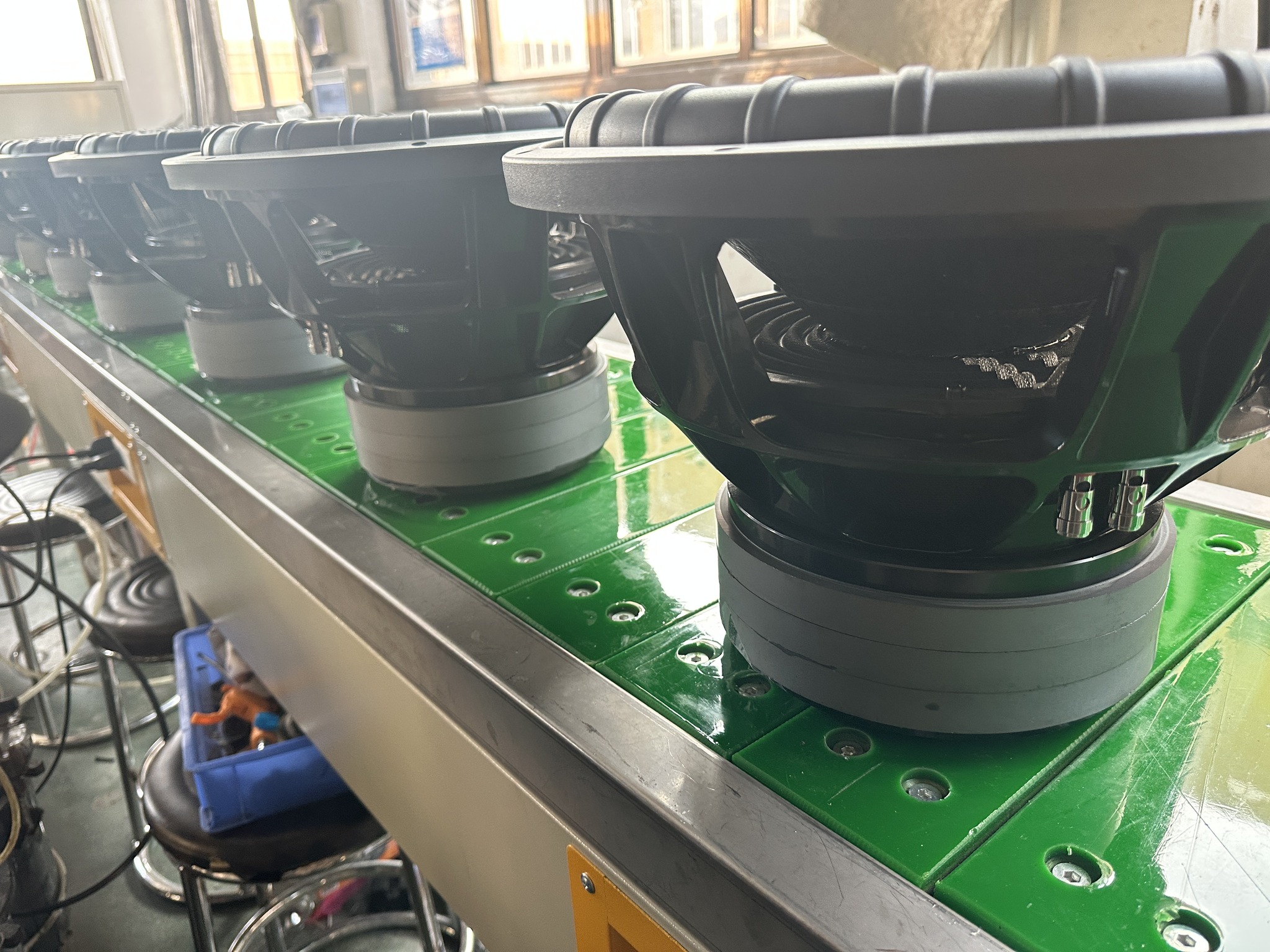How car horns work
The car electric horn makes sound by the vibration of the metal diaphragm. The car electric horn is composed of an iron core, a magnetic coil, contacts, an armature, a diaphragm, etc. When the driver presses the horn switch, the current passes through the coil through the contacts, and the coil generates a magnetic force to suck down the armature, forcing the diaphragm to move. The movement of the armature disconnects the contacts, the current is interrupted, and the magnetic force of the coil disappears.
The diaphragm returns to its original position together with the armature under the action of its own elasticity and the spring sheet. The contact closes the circuit and is connected again. The current flows through the contacts through the coil to generate a magnetic force, and the above action is repeated. In this repeated cycle, the diaphragm vibrates continuously, thus making a sound. The soundboard is rigidly connected to the diaphragm, which can make the vibration smoother and the sound more pleasant (that is, the principle of electromagnet)
Three main reasons for speaker failure
01 Poor contact of electromagnetic coil terminal
Some electromagnetic coil enameled wire terminal joints inside speakers are connected by aluminum metal rivet crimping, not reliable welding connection. If the insulating paint on the enameled wire end is not clean or the rivet crimping is not reliable, it is easy to cause a false connection fault, resulting in poor speaker operation. This kind of fault is caused by the quality of the speaker and cannot be repaired, and can only be replaced with a new part.
02 Poor seal and easy to get wet
Although the inside of the horn is airtight, if the seal is not tight and mist enters during car washing or there is water vapor in the air inside, the water vapor can easily cause the contacts to get wet and fail to work properly.
03 Contact burn
If you press the horn for a long time, it is easy to cause the horn contact to burn and generate impedance. The current flowing through the electromagnetic coil is weakened, and the electromagnetic attraction is reduced. It cannot attract the armature to drive the diaphragm to vibrate normally, resulting in hoarse sound or even no sound. However, if you press the horn continuously, if the instantaneous strong current passes through the impedance, it can still work normally, so it will be good and bad from time to time.
Precautions when using car horns
PART.01
When washing the car, be sure to prevent the horn from getting wet. If you find water in the horn, blow it dry with an air gun as soon as possible.
PART.02
Try not to press the horn for a long time, as this may cause premature erosion of the horn contacts.
PART.03
If the horn fails, try to seek help from a professional repair technician. Do not blindly replace the horn, which may cause unnecessary waste.


